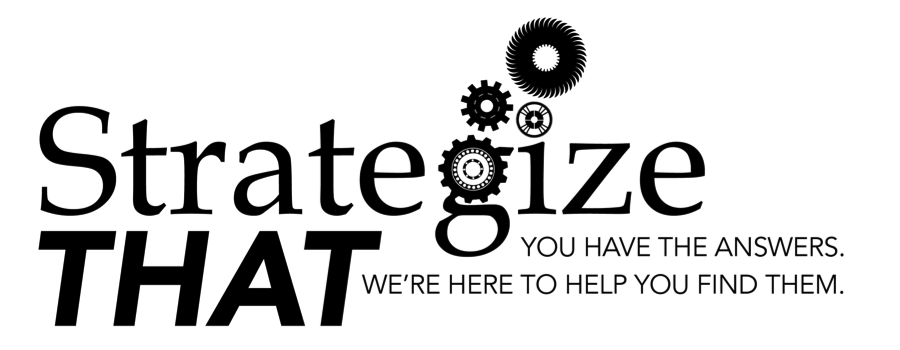“We all wonder what we want to be when we grow up — it’s a process that never ends,” Scherwin says. And that is especially true today, when career paths tend to evolve over many years, veering away from what used to be a linear route.
“What you think you want in college may change after you enter the workforce,” says Scherwin, who notes that changes in an individual’s personal life also often impact their career path.
Here, Scherwin offers tips for the reader who emailed me the question — and for anyone, no matter their age or career level, trying to figure out the kind of job they’re not only best suited for but also one they will enjoy.
1. Ideate — and be self-aware in the process. Scherwin says it is important to consider your strengths: What comes effortlessly? What do you love to do? What do you hate? She suggests envisioning a time far in the future by asking, “When I retire, what do I want my sendoff speech to say? What do I want to be remembered for?”
Part of this step is being clear on about the trade-offs you’re willing to accept. “It’s not just about a title and responsibilities and the big picture,” Scherwin stresses. “What really matters to you, tangible and intangible? Consider all of the variables.” That means weighing things like salary, benefits, office environment, your commute, work-life balance, support systems, opportunity for growth, the value you contribute, and what a work day looks like for you. “The little stuff can make a big difference,” she says.
2. Find industries that interest you. “You will be much happier working in an industry you like and or admire — you will be more passionate about their product and or service offering, which will lead to greater success,” Scherwin says. “Make a list of brands within that sector that you love and explore what types of roles they have [that] you’d be qualified for.”
3. Do your research. Do you really understand what some careers entail? Do a deep dive by reading trade articles and talking to people who work in a career you’re considering (and in a specific company if you’ve developed a target list). “Connect, get more perspective on potential fit and get your questions answered before you make any jumps,” Scherwin recommends.
4. Prioritize and narrow the long list of opportunities. Are there a few career options in the list you’ve created that really stand out? If so, great! If you don’t have what it takes to be considered for a job in your field of choice, explore the kind of training you might need or the steps you’ll have to take. “Create a plan to get there,” Scherwin says.
5. Refine, decide and execute. Once you’re set on a path you’re excited to begin, Scherwin says to “craft your unique proposition for your dream job,” consider why are you well-suited for the role, then network and begin interviewing ‘informationally, informally and then formally,’” she says. “See who the key players are and if your personalities connect — make any decisions accordingly. And of course, remember that what you pick today may not be where you end up tomorrow. Embrace the adventure instead of being scared by it.”
Using those steps as a starting point just might help you avoid taking a job that doesn’t fulfill your expectations. Say Scherwin: “All too often otherwise successful professionals walk into their dream job only to learn it’s not really what they thought it was.”
The bottom line is to be clear about what you want, then be patient, confident and open for the unexpected, she stresses.
“So many people want it but don’t know where to begin. Your dream job will fall in the intersection of what you are good at, what you enjoy doing, and what someone will pay you for,” Scherwin concludes.
Link to full article






